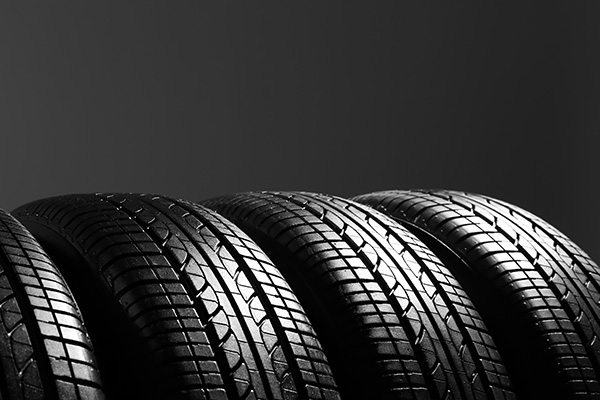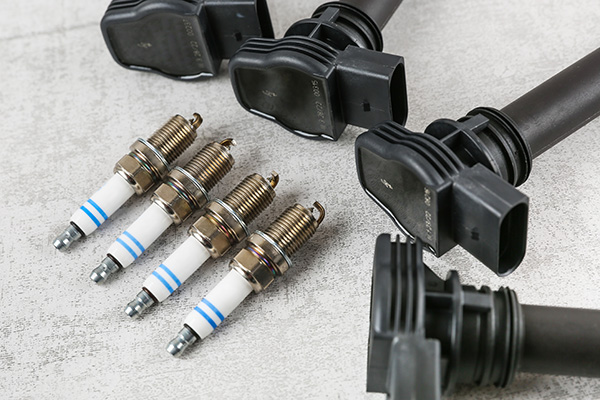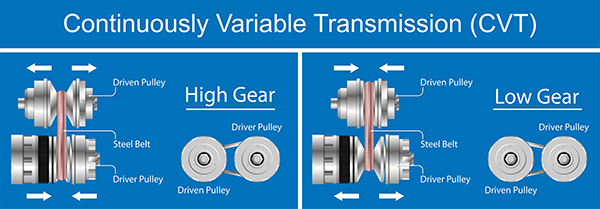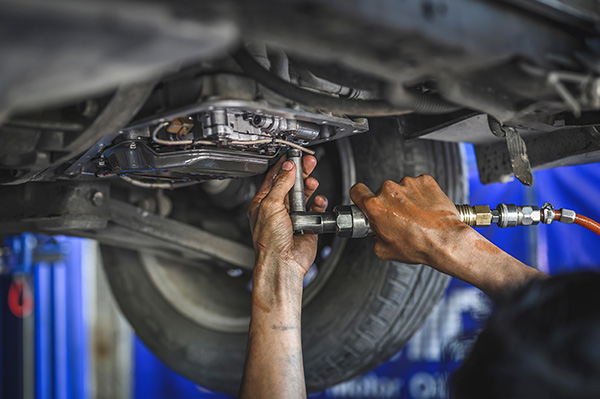Posted on 12/20/2024

When frost coats the windshield, and the air feels like ice, it’s tempting to let your car idle while you warm up inside. For decades, this practice has been a winter ritual for many. But does it truly benefit your vehicle, or are you just burning fuel and time? Modern cars have evolved, and so has our understanding of what’s necessary to prepare them for cold weather. Let’s clear whether idling is a winter must or an outdated habit. The History of Idling The tradition of idling started when cars used carburetors, which required time to heat up and deliver the right air-fuel mixture for combustion. Without adequate warming, these older engines would stall, sputter, and fail to run efficiently. For vehicles built before the 1980s, idling was not just practical—it was essential. Fast forward to today, and the story is very different. Most modern vehicles are equipped with fuel injection systems that adapt to temperature changes instantly. These ... read more
Posted on 11/29/2024

For anyone with an all-wheel-drive (AWD) vehicle, keeping all four wheels in sync isn’t just a suggestion—it’s critical to maintaining a healthy drivetrain. Tires are the only part of your car that touches the road, and they’re essential to how your car handles, accelerates, and stops. But when it comes to AWD vehicles, having matching tires isn’t just about maximizing performance but also about protecting the integrity of your car’s drivetrain. We'll explain why matching tire sets are necessary for AWD vehicles and how mismatched tires can cause unexpected and expensive issues. The Role of Tires in an AWD System AWD vehicles are designed to split power between all four wheels, giving you better traction and stability across different terrains and road conditions. In an AWD system, the transfer case or center differential distributes engine power across both the front and rear axles, ensuring that all four tires work together f ... read more
Posted on 10/31/2024

Spark plugs may be small, but they greatly affect your car’s performance. Without them, your engine wouldn’t be able to ignite the fuel-air mixture that makes your car run. If your spark plugs are worn out, you’ll notice a dip in fuel efficiency, engine power, and overall performance. So, how often should you replace them? The Role of Spark Plugs Each spark plug ignites the air-fuel mixture inside the engine’s combustion chamber, creating a small explosion that powers your car. Without properly functioning spark plugs, your engine won't run efficiently—or at all. Over time, these plugs wear out, leading to misfires, rough idling, and even starting problems. If left unchecked, faulty spark plugs can cause engine damage, making routine replacements an essential part of car maintenance. How Often Should Spark Plugs Be Replaced? There isn't a one-size-fits-all answer when it comes to replacing spark plugs because i ... read more
Posted on 9/27/2024

When it comes to car transmissions, most people are familiar with the traditional automatic or manual options. But there's another type of transmission that’s becoming increasingly popular: the Continuously Variable Transmission, or CVT. If you've ever driven a car with a CVT, you might have noticed that it feels a bit different from what you're used to. But how exactly does a CVT transmission work, and what sets it apart from the other types? What Is a CVT Transmission? A Continuously Variable Transmission is a type of automatic transmission that doesn’t rely on a fixed set of gears. Unlike a conventional transmission that shifts between a specific number of gear ratios, a CVT seamlessly transitions through an infinite range of ratios. This unique ability allows the engine to operate at its most efficient RPM for a given speed, which can lead to better fuel efficiency and a smoother driving experience. The CVT's design is deceptively sim ... read more
Posted on 8/30/2024

Have you ever wondered when you should change your transmission fluid? It's a common question that many car owners grapple with. The transmission is one of the most critical components of your vehicle, ensuring that power from the engine is effectively transferred to the wheels. However, proper maintenance is required to function optimally. Ignoring the state of your transmission fluid can lead to serious issues down the line. These are the signs and guidelines for changing your transmission fluid to keep your car running. Why Transmission Fluid Matters Transmission fluid lubricates the moving parts, cools the transmission, and helps ensure smooth gear shifts. Over time, however, this fluid can degrade due to heat, friction, and contamination from metal particles. As the fluid deteriorates, it loses its ability to perform these critical functions, leading to pote ... read more